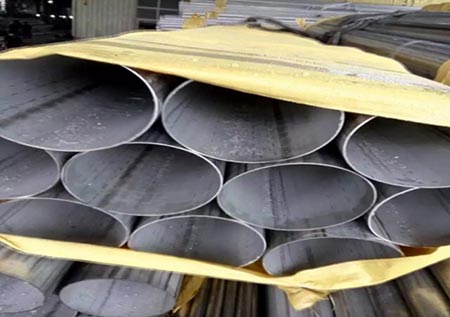Is stainless steel tubing Magnetic?
Stainless steel tubing can be either magnetic or non-magnetic, depending on its composition and the specific grade of stainless steel used.
1. Austenitic Stainless Steels (e.g., 304, 316):
These are typically non-magnetic in their annealed state. They have a face-centered cubic crystal structure, which does not exhibit magnetism. However, they can become slightly magnetic when cold-worked (e.g., bent, drawn, or otherwise deformed).
2. Ferritic Stainless Steels (e.g., 430):
These are generally magnetic because they have a body-centered cubic crystal structure, which allows for magnetic properties.
3. Martensitic Stainless Steels (e.g., 410, 420):
These types are also magnetic due to their structure and composition.
In summary, whether stainless steel tubing is magnetic depends on the type of stainless steel.
Previous: >> What is the disadvantage of coil tubing? Next: >> What are common coiled tubing sizes?







